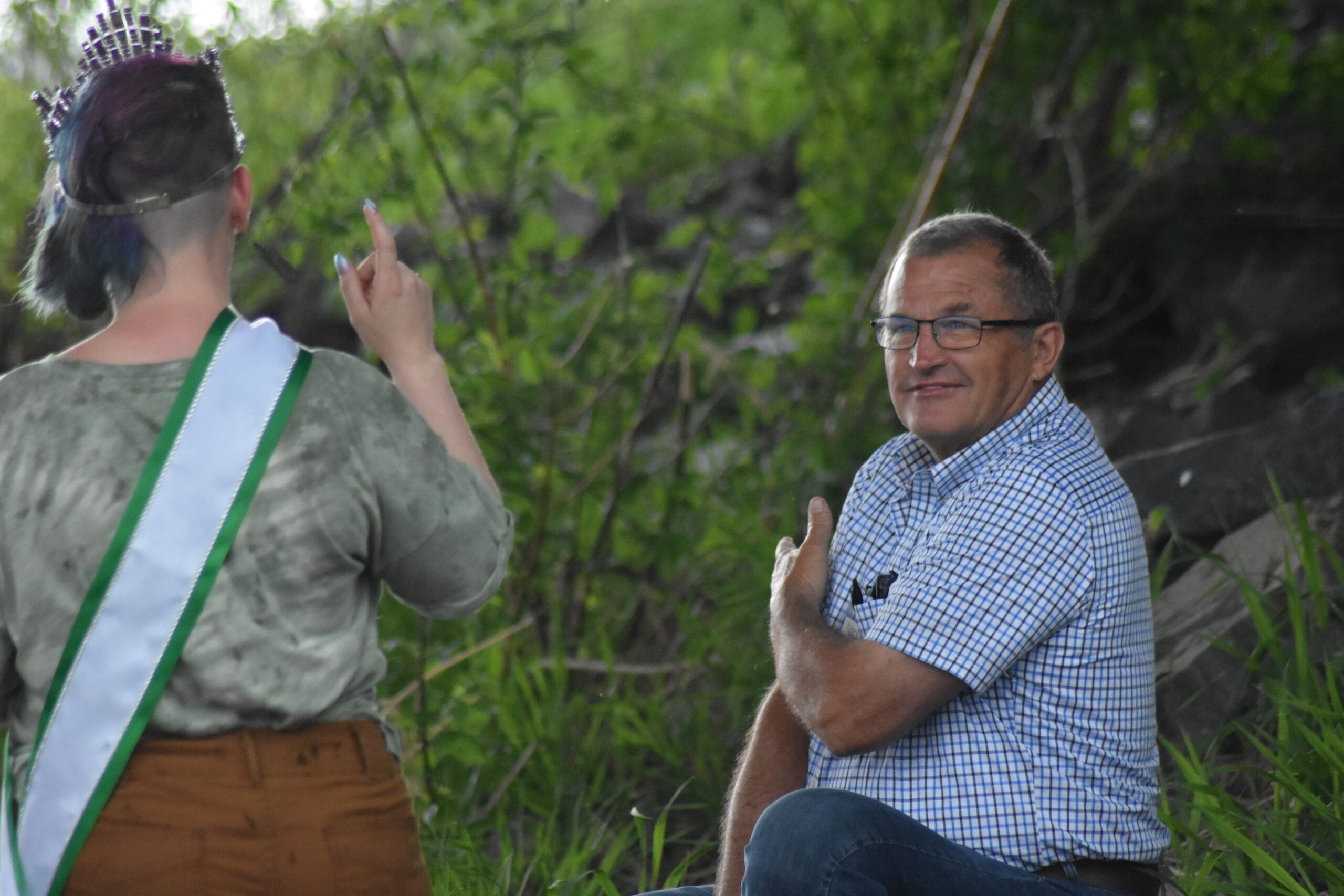
The Central Aroostook Soil & Water Conservation District will expand its local food scrap composting program with a $32,418 grant from the Maine Department of Environmental Protection.
It’s one of three Waste Diversion Program grants, totaling more than $111,000, chosen from nine applicants.
In addition to the Presque Isle district’s grant, Carthage will get $40,000 to help construct a recycling and swap center at the town transfer station and Waterville will receive $38,890 to help extend the usable life of computers.
Reducing and recycling contribute to Maine’s climate action goals to cut emissions, boost renewable energy and preserve resources and landfill space. About 8 percent of what goes into the local landfill is compostable, said Randy Martin, executive director of the Central Aroostook Soil & Water Conservation District. The grant will help keep that trash from the landfill and transform it into something local gardeners can use.
“Our goal is to prevent kitchen scraps — anything that’s compostable — from going to the landfill,” Martin said. “This enables us to divert it and turn it into a product that is beneficial to home gardeners.”
The district first received a Waste Diversion Grant of $40,000 in 2021. With that, Martin created a program called Buckets to Healthy Soil at the Presque Isle Farmers Market. Participants receive a 5-gallon pail in which to collect their weekly food scraps, then exchange it for a clean bucket the next week.
Right now the compost is used only in research trials, but Martin anticipates offering it to the public next year. Staff are working to determine the ideal rate of compost application to improve soil structure and health, he said. They’ve concluded so far that about 3 tons per acre works well.
The money will be used to expand the bucket program into Fort Fairfield and help the district purchase 200 tons of manure, which will be incorporated with the collected food debris to form compost.
Grant funds will also go toward a bagging system, so staff can package the product to sell next year. The goal is for the project to be self-sustaining eventually, with production and staff paid for by compost sales.
Making compost isn’t just a way to divert waste from landfills. It’s also a useful product that enriches gardens by adding loft to the soil so it isn’t so tightly compacted, and adding nutrients to help grow healthy plants, Martin said. Adding healthy material to the soil also increases its ability to hold water. In larger farming applications, that could save farmers irrigation costs and help conserve water at the same time, Martin said.
“It’s just a whole lot better for the soil. It increases bonding sites for nutrients and so much stuff is improved when you have more organic matter,” he said.
Anyone can participate in the Buckets to Healthy Soils programs by grabbing a bucket at the farmers markets in Presque Isle and Caribou, and soon in Fort Fairfield. Anything but paper, plastic and bones is acceptable, Martin said.
Central Aroostook Soil & Water Conservation District is the oldest conservation district in Maine, started in 1942. The organization works closely with Maine DEP on other projects, including soil health and pollinator habitat research, Martin said.
He plans to apply for funds in the next round of waste diversion grants to buy a glass crusher to turn bottles at the landfill into sand for wintertime roads.
“There’s a lot of infrastructure that has to come before we can do that, but if we can get glass bottles out, that would make even more space in the landfill,” he said.







